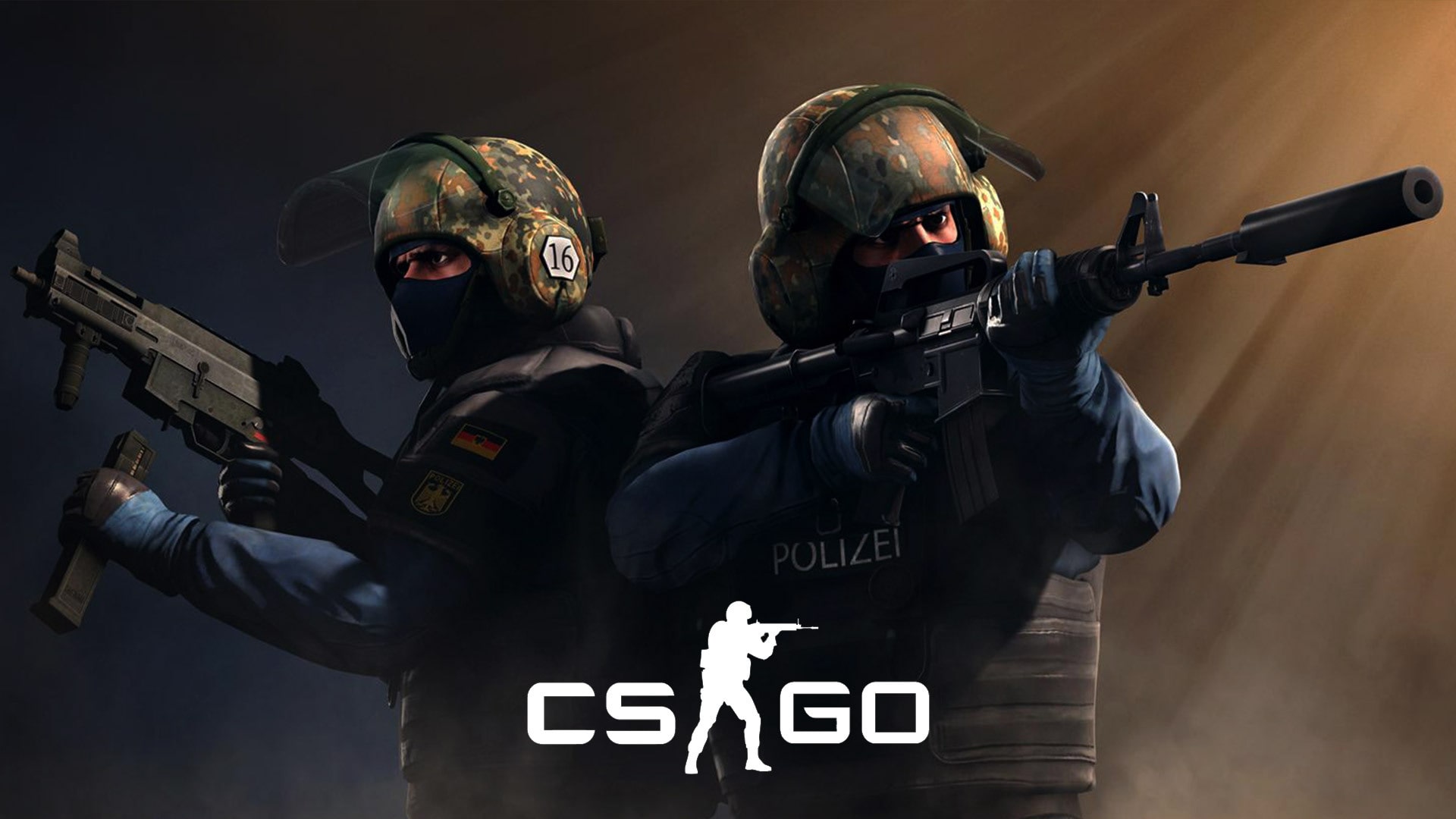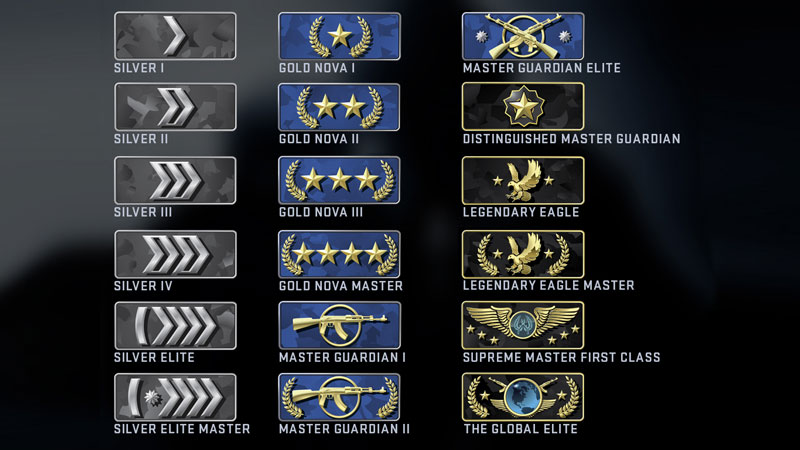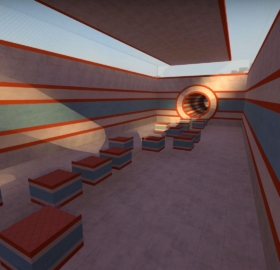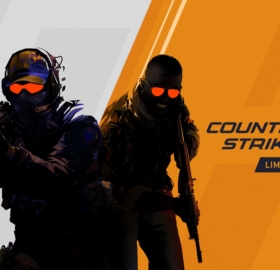Counter-Strike: Global Offensive (CS:GO) boasts one of the most intricate ranking systems in esports. Whether you’re a newbie stepping into the competitive scene or a seasoned veteran, understanding how the CS:GO ranking system works is critical. Let’s delve into the mechanics of ranking, the different ranks, and the effort it takes to climb the CS:GO ranking ladder.
The CS:GO Ranking System Explained:
At its core, the CS:GO ranking system is designed to accurately match players of similar skill levels. Your rank doesn’t just serve as a badge of honor; it plays a crucial role in determining the competitors you face in competitive matchmaking.
To receive your first rank, you’ll need to win 10 placement matches, with a limit of two wins per day. Once you’ve secured those initial victories, the game will assign you a rank. From there, winning and losing matches will impact your rank, with consistent victories leading to rank-ups and a string of losses potentially resulting in a rank-down.

How Many CS:GO Ranks Are There?
There are 18 ranks in CS:GO, divided into four main categories: Silver, Gold Nova, Master Guardian, and Elite. These categories are designed to provide a clear progression path from beginner to advanced skill levels.

All CS:GO Ranks From Silver to Global Elite:
Starting from the bottom, here are all the CS:GO ranks in ascending order:
- Silver I (S1)
- Silver II (S2)
- Silver III (S3)
- Silver IV (SIV)
- Silver Elite (SE)
- Silver Elite Master (SEM)
- Gold Nova I (GN1)
- Gold Nova II (GN2)
- Gold Nova III (GN3)
- Gold Nova Master (GNM)
- Master Guardian I (MG1)
- Master Guardian II (MG2)
- Master Guardian Elite (MGE)
- Distinguished Master Guardian (DMG)
- Legendary Eagle (LE)
- Legendary Eagle Master (LEM)
- Supreme Master First Class (SMFC)
- Global Elite (GE)
Each rank represents a distinct skill level, with Global Elite being the pinnacle of CS:GO ranking.
How Many Wins Does It Take to Rank Up in CS:GO?
The number of wins needed to rank up in CS:GO isn’t set in stone. Valve hasn’t disclosed the exact algorithms behind their ranking system, but it’s generally agreed that it relies on a modified Glicko-2 system. This means that it’s not only about winning matches, but also individual performance, the skill difference between teams, and the consistency of your results.
Conclusion:
The CS:GO ranking system offers a rewarding and competitive framework for players of all skill levels. Understanding the ranks and how they’re earned can help you set goals, measure your progress, and enhance your gaming experience. As with any skill-based endeavor, climbing the CS:GO ranks requires patience, practice, and a whole lot of strategy.







